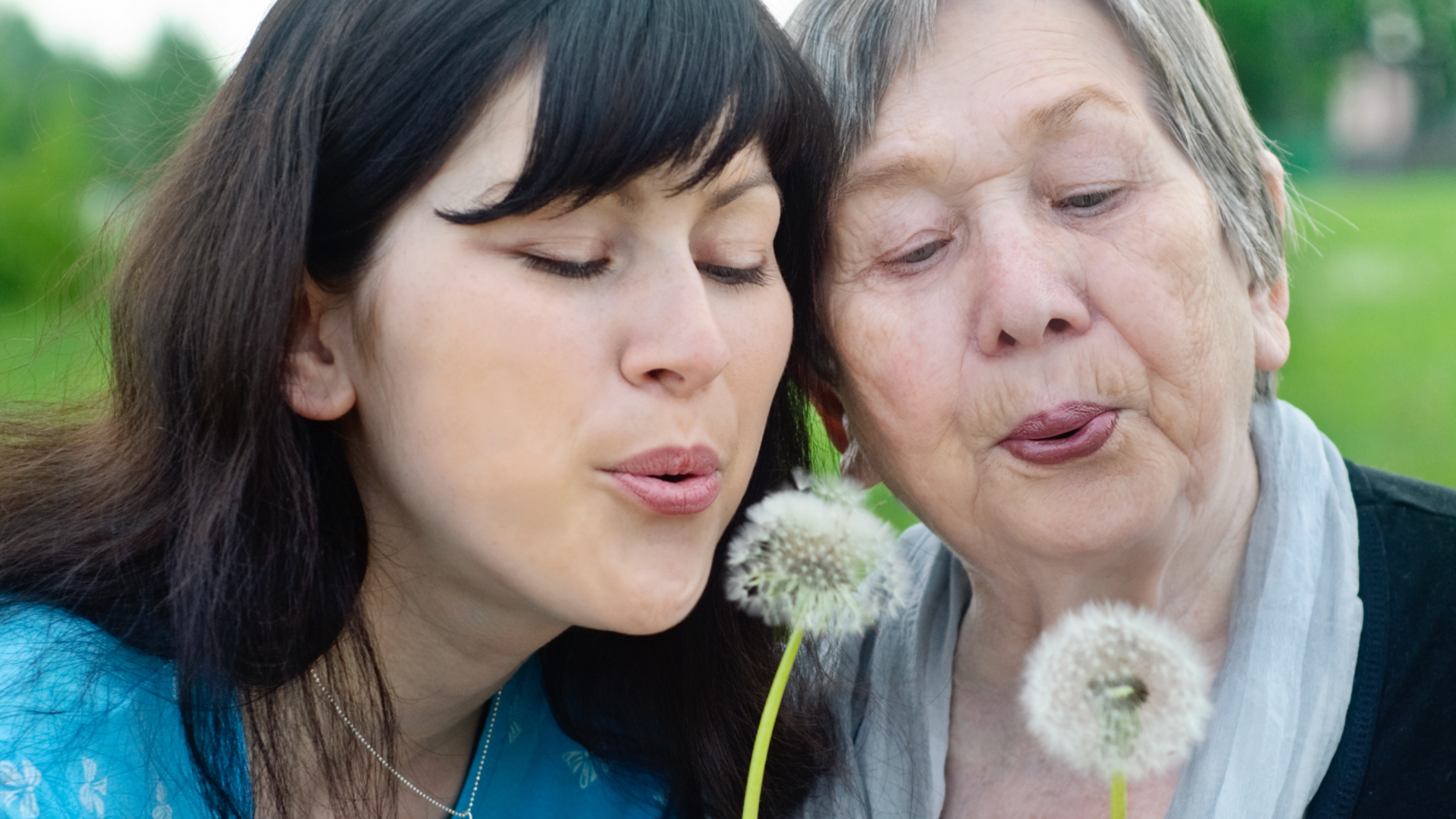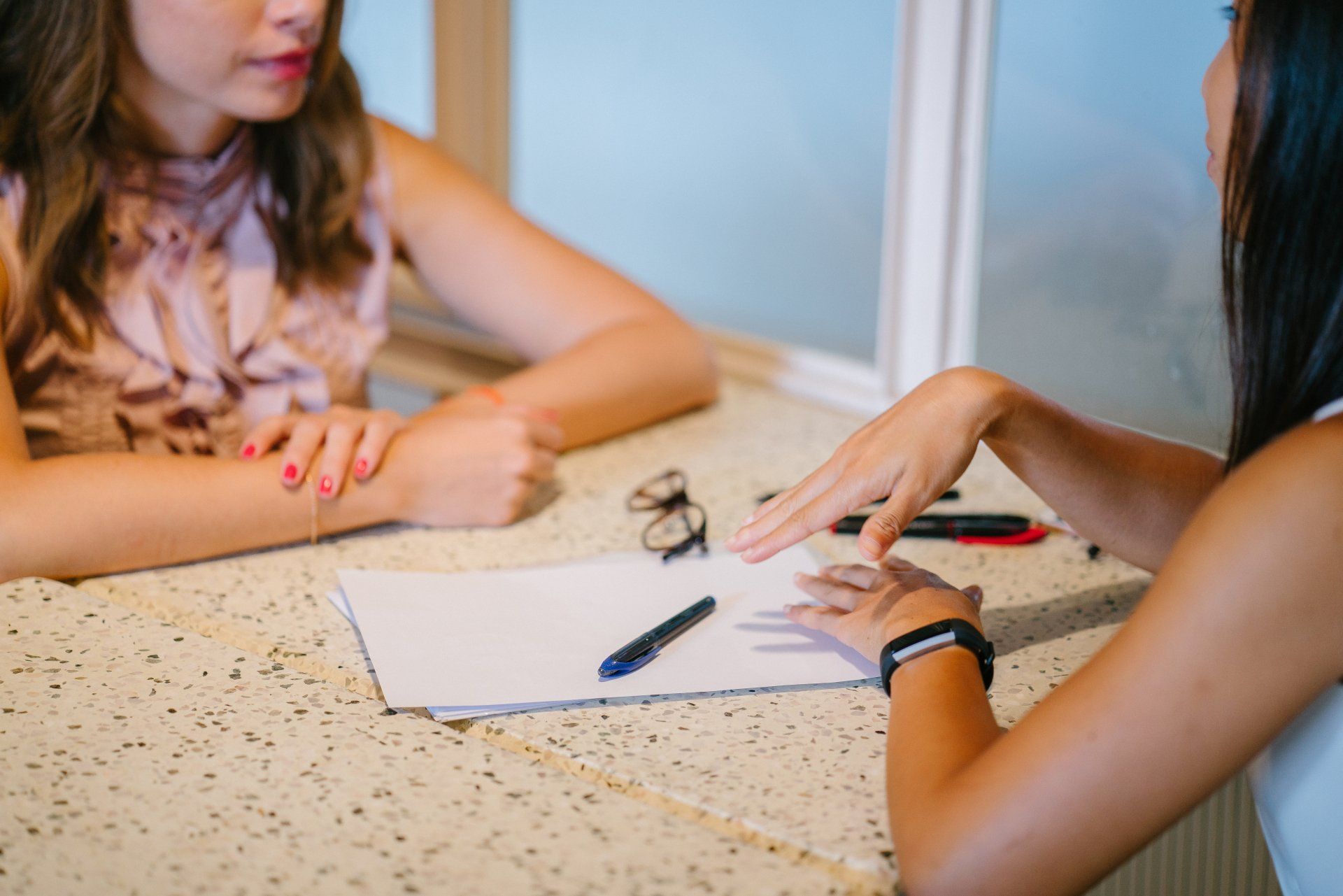Loneliness can hurt
With the right help there are activities that will support you with the impact of loneliness
Pre-pandemic, the government released a set of statistics that suggested that as many as 1 in every 20 people reported feeling lonely “often” or “always”.
and with many of us being cut off from our loved ones, working from home or shielding due to our physical health this number has only grown.
As a counsellor, I’m often faced with clients who are unaware that they are struggling with loneliness. “How is it that I can feel so alone, so empty, when I’m surrounded by so many people?”
Loneliness is not the same as isolation. You can be physically isolated, yet not feel lonely.
Or as above, you can be surrounded by other people, friends or loved ones and yet still feel lonely.
The important difference is that loneliness is a feeling, an emotional experience about where you are in your life, and who should be there to share it with you on a deeper level.
It’s more about the quality of your relationships rather than the QUANTITY.
Loneliness comes in many different forms, three of the common forms are:
- Feeling the loss of someone close to us, a friend, partner, or a loved one who we miss.
This is often referred to as: Emotional loneliness
- Feeling the loss of connection to people at certain times, like weekends when we don’t see our friends, or Christmas.
This is often referred to as: situational loneliness
- Feeling the lack of connection to the outside world that we feel we “fit into” with friends, neighbours or a group of like-minded people.
This is often referred to as: social Loneliness
What causes us to feel lonely?
There are many situations or causes that lead to our feeling lonely. Situations that we are all likely to face at one time or another:
- A bereavement
- Going through a relationship break-up
- The loss of social contact you had at work due to the pandemic
- Changing jobs and feeling isolated from your co-workers
- Starting at university
- Moving to a new area or country without family, friends or attachment to a community.
Some research suggests that people are more likely to experience loneliness if you:
- Struggle with social anxiety
- Are estranged from your family
- Are a single parent or a carer
- Struggle with mobility problems
- Struggle financially
- Have experienced discrimination and stigma because of your gender, race or sexual orientation
- Have experienced an abusive relationship – you may find it harder to form close relationships with other people.
“having social anxiety is like there is this invisible barrier between me and everyone else, I can see them having fun and I want to be part of that world, but I’m just so scared to reach out. “
How can I manage my loneliness?
When we are feeling lonely, abandoned or empty it can often be like we are stuck in this dark pit with no light, and no one to save us.
“I went out with my friends today, but I still felt so alone, I felt so unwanted”
- Practicing self-care.
It’s important to remember to treat ourselves to the care and respect we deserve. Too often we focus too much on looking after others and not enough on ourselves, make time for yourself, your hobbies and your physical health, even if that means making sure you eat right or get enough sleep.
- Be kinder to yourself.
It is very hard to stop comparing ourselves to others. We all do it, whether it’s the new relationship that one of our friends has just gotten into, the nice “girls holiday" the neighbour has just been on, or the flash car that someone at work has just purchased for themselves, all these things can have us looking inwards and feeling “not good enough”.
Self-esteem has long established links to loneliness, so its important to be kind to yourself.
being kind to yourself means not judging yourself so harshly for not being perfect or not holding yourself to impossibly high standards.
And that goes for comparing yourself to others as well, don’t judge yourself for being on page 10 of your life when someone else is on page 100 of theirs, your journey isn’t theirs.
- Trying new things for yourself
part of self-care is building yourself, trying new things and exposing yourself to new situations, whether that’s finally getting that gym membership you want, picking up a new skill like cooking or an instrument, or finally having the courage to try out that walking group that you see pop up on the local area social media page.
- Opening up to others
If you feel comfortable, talk to a friend, loved one or even a colleague about how your feeling.
- Talk to us
if anything within this post has resonated with you, please don’t feel you have to suffer in silence.
As an NHS approved provider of therapy, we can help manage the psychological impact of loneliness, to get in touch visit the contact us tab on our website or follow the self-referral link https://www.trentpts.co.uk/self-referral’.













